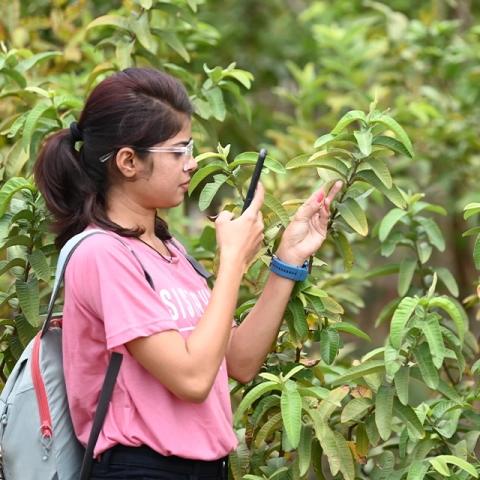The Master of Science (Botany) program offers a comprehensive exploration of the plant kingdom, covering aspects from the microscopic level to entire ecosystems. Over two years (four semesters), students gain in-depth knowledge of plant anatomy, physiology, taxonomy, genetics, ecology, and biotechnology. The curriculum includes core subjects such as Plant Diversity, Cell Biology, Plant Physiology, and Genetics, complemented by practical laboratory work and field excursions. The final semester may include specializations and research projects, fostering strong analytical and research skills. Graduates are well-prepared for careers in research, education, environmental conservation, agriculture, and various industries that utilize plant science.
Duration of programme
Level of Study

Study of classification, identification, and nomenclature of plants.
Understanding plant capacities, metabolic forms, and biochemical pathways.
Exploration of plant genetics, genetic engineering, and molecular techniques.
Think about of plant intelligent with the environment, environments, and preservation hones
B.Sc. in relevant discipline
ST/SC-45% and Gen/OBC-60%